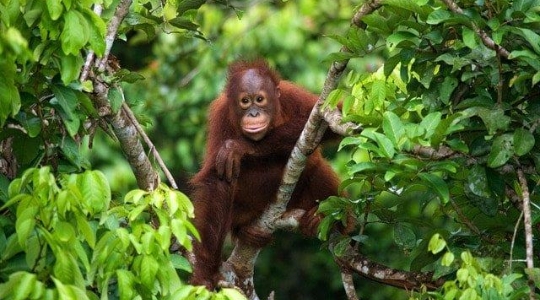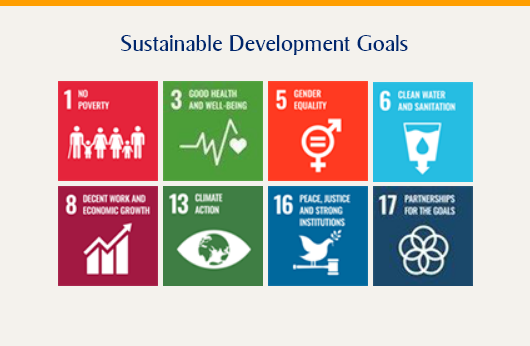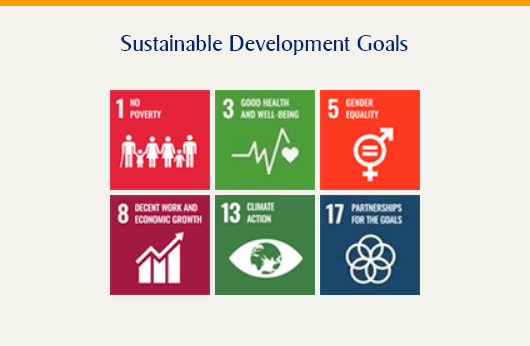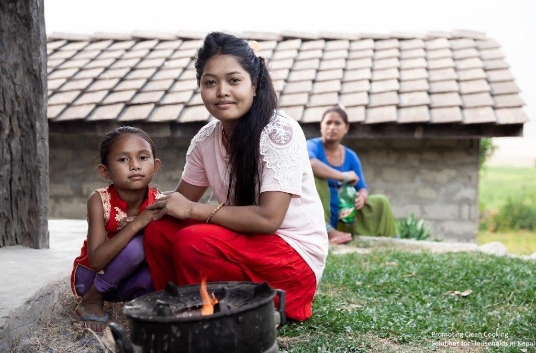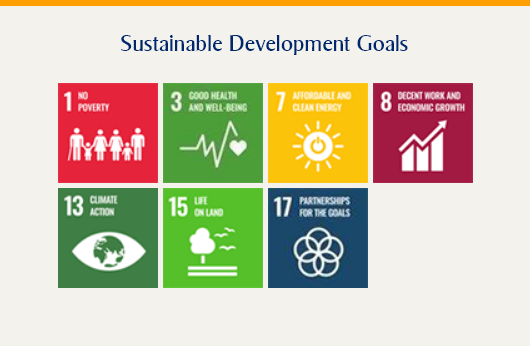Rainforest Preservation
Reducing Emissions from Deforestation and Degradation (REDD) | Katingan - Indonesia
The Katingan Mentaya Project protects vital peatland in Central Kalimantan Indonesia from being destroyed. These wetlands store large amounts of carbon naturally, and by conserving them, we prevent carbon dioxide from being released to the environment.
This also secures vital habitat for five critically endangered species including the Bornean Orangutan, Proboscis Monkey and Southern Bornean Gibbon. In partnership with 34 local villages, this project also builds community capacity and sustainable development through employment and education. By fostering inclusive partnerships and a culture of sustainability in local communities, the project serves to reduce poverty, enhance the well-being of communities and eliminate drivers of deforestation.
- Over 7.5 million tonnes of greenhouse gas emissions prevented each year
- Over 500 local people directly employed to protect the forest from seasonal fires and manage the project
- Financial empowerment for over 850 local women through management workshops and distribution of microfinance from the forestry project
- Learning resources produced for local students and the public for education on ecosystem restoration and health impacts of forest fires

